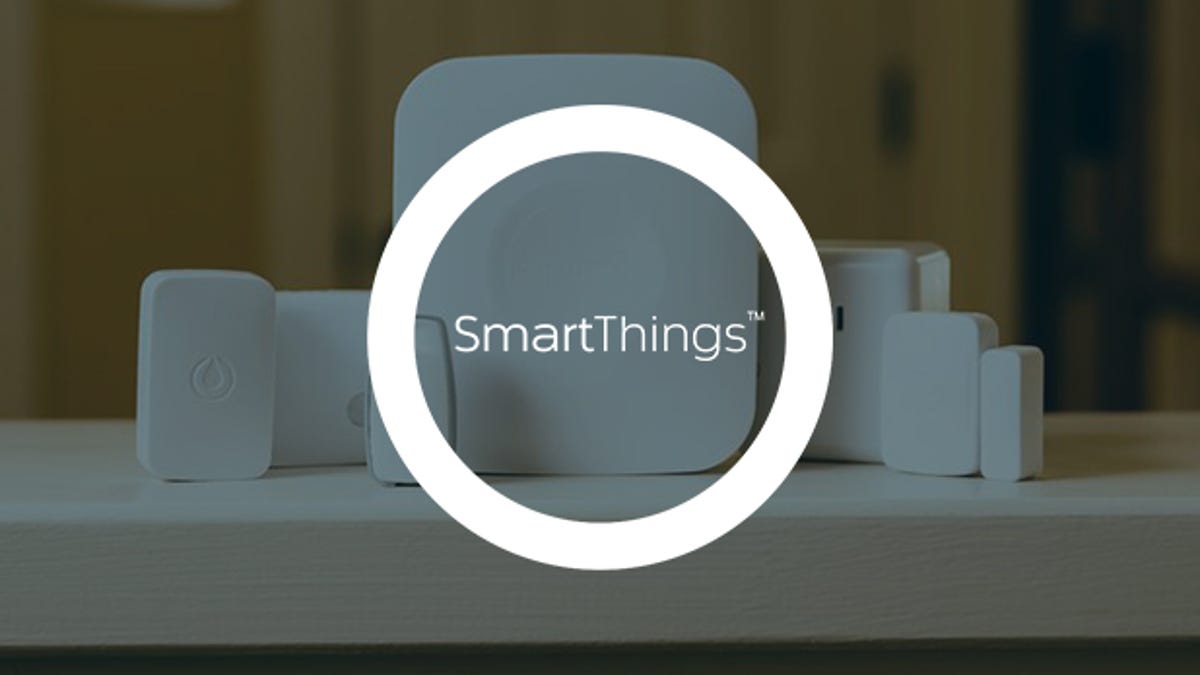SmartThings outage hits North American users
Samsung-owned smart home platform SmartThings has been down for over a day for many users.

SmartThings , the Samsung-owned smart home platform, is in the midst of an outage for users in North America. Reports of the outage began early yesterday, March 12, and SmartThings first acknowledged the outage on its status page in the afternoon. SmartThings has updated the page periodically since the outage began. Reports of issues appeared to peak overnight, though the outage page still identifies Mobile App Connectivity status as "degraded performance."
The SmartThings Twitter account tweeted an apology today, stating that the outage was the subject of an ongoing investigation.
Our teams are currently investigating the issues impacting users. We apologize for any inconvenience. In order to get the latest updates, check out our status page here: https://t.co/2oDiOZ3XFJ. If you have additional questions let us know at Support@SmartThings.com
— SmartThings (@smartthings) March 13, 2018
Platforms like SmartThings serve as a central hub for third-party smart home gadgets. When there's an outage, those gadgets lose the ability to communicate with each other and function as intended.
Though most devices still work via manual controls, a dead smart home hub can still cause issues for homeowners with automated devices. Users have reported outages on the mobile app, as well as issues with connected devices like smart dimming switches and even smart locks.
This isn't the first time SmartThings has experienced issues. We saw a round of frustrating glitches back in 2016, in which devices turned on and off intermittently.
This afternoon at 2:07 PM PT, the SmartThings status page posted the following update:
"Last night around 5:27 PM PT, we experienced an outage that impacted US users ability to log in to the SmartThings mobile apps and control devices. These issues intermittently persisted until 9:16 PM PT, at which time the root cause of the outage was addressed, and users were able to control devices and access the SmartThings apps.
Issues persisted for a small subset of those users, specifically related to installing and editing automations until 8:09 AM PT this morning. As of 8:09 AM PT, all US operations are performing as expected and we continue to closely monitor our systems."

